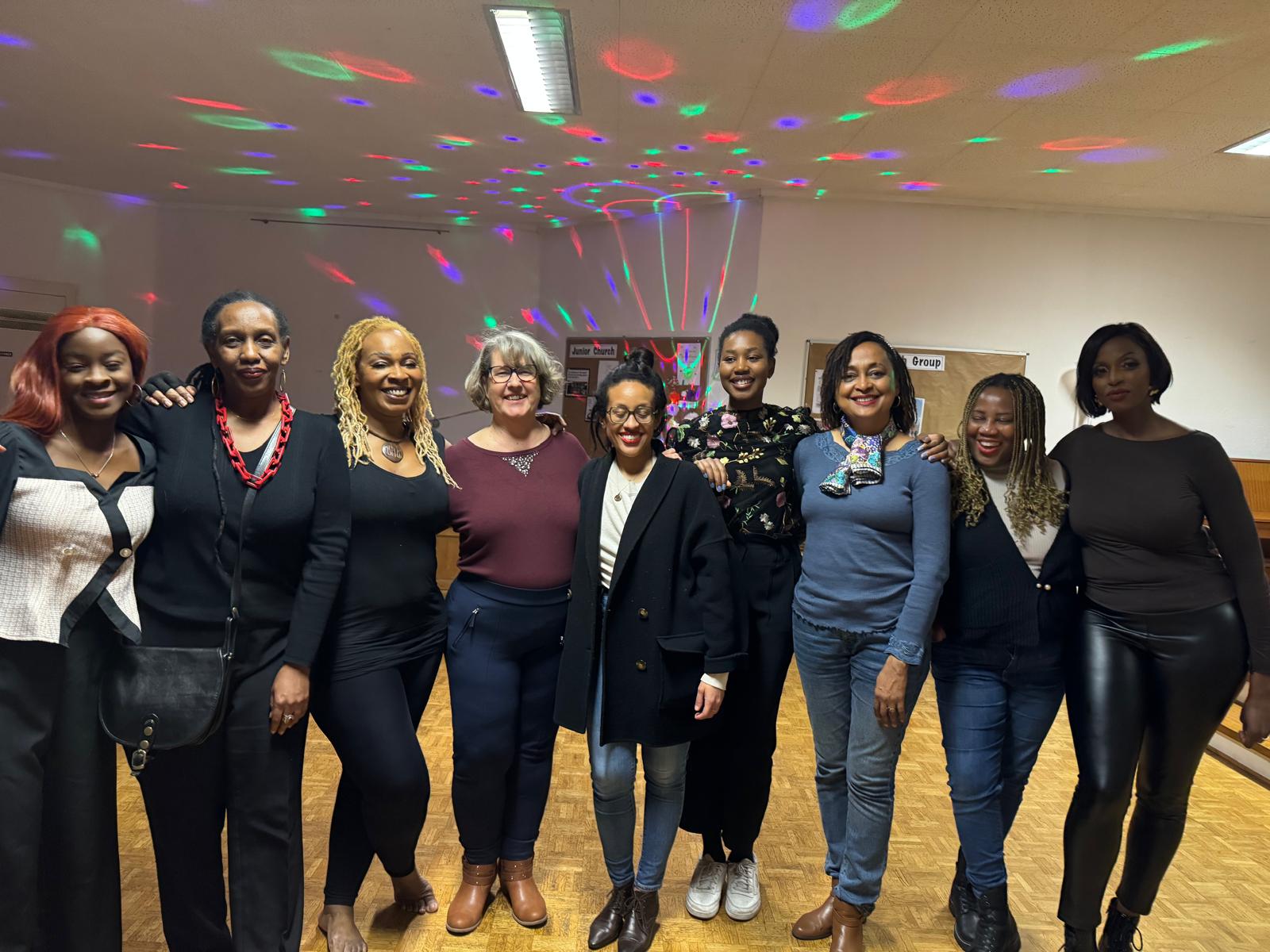SITA à Genève 2024 offered a powerful space for diasporan investors and changemakers to reflect on their role in shaping Africa’s development. One of the most impactful conversations came from the panel titled:
“Investing in Africa as a Member of the Diaspora: Between Vision and Reality.”
Moderated with candor and depth, the session brought together seasoned diaspora leaders who have taken the leap to invest time, money, and expertise into the continent — and who have learned, often the hard way, that good intentions are not enough.
“Stop Investing in the Past” – Isaac BAYOH, CEO of Futurafric
Opening the conversation with brutal honesty, Isaac Bayoh, founder and CEO of Futurafric, warned against a common trap for many in the diaspora:
“We invest based on the Africa we remember — not the Africa that exists today.”
He emphasized that ignoring how much the country has changed — politically, socially, and economically — can quickly turn a promising venture into a painful failure. Whether someone left 5, 15, or 25 years ago, the need to relearn the terrain is non-negotiable.
Bayoh also underlined the critical importance of local partners:
“No matter how brilliant your idea is, you’ll always be slightly foreign. You need someone who can translate the nuances — not just linguistically, but culturally, socially, and bureaucratically.”
His message was clear: investing in Africa from abroad requires more than funding — it demands humility, adaptation, and strategic listening.
“In Africa, Creativity is Not Optional” – Mercy Odhiambo, Pangani Girls Alumni Association
Bringing a grassroots and gendered perspective to the discussion, Mercy Odhiambo, board member of Pangani Girls Alumni Association (Kenya), illustrated how flexibility in approach often makes or breaks impact in Africa.
She shared her experience in launching mentorship programs for girls in rural and peri-urban areas — only to discover that much of the progress made in group sessions was being undone at home.
“The environment outside the session was louder than the message inside it.”
Her solution? She pioneered a triangle mentorship model that includes not just the girl and her mentor, but also the mother. This simple yet powerful change drastically improved outcomes.
“In Africa, solutions must be dynamic. If we are too rigid, we risk reinforcing the very barriers we are trying to break.”
Her experience is a testament to the power of locally attuned, culturally responsive innovation — something diasporan investors must embrace if they are serious about long-term change.
Takeaway: Diaspora Investment Is a Skill, Not Just a Sentiment
The session closed with a unifying message: diaspora investors are needed — but not just as financiers. Their success depends on their ability to:
Update their lens — stop projecting outdated assumptions
Find ground-level partners — those who live the complexity daily
Stay agile and creative — because impact doesn’t always come in a straight line
Measure success differently — sometimes, listening well is more powerful than acting fast
In a room full of African entrepreneurs, policy-makers, and funders, the panel reminded everyone that diaspora engagement is not a handout or a return ticket, but a bridge between worlds — one that must be constantly maintained, with care, with humility, and with vision.
As we look ahead to SITA à Genève 2025, one thing is clear:
The African diaspora has a critical role to play — but only if it’s ready to build with, not over .


